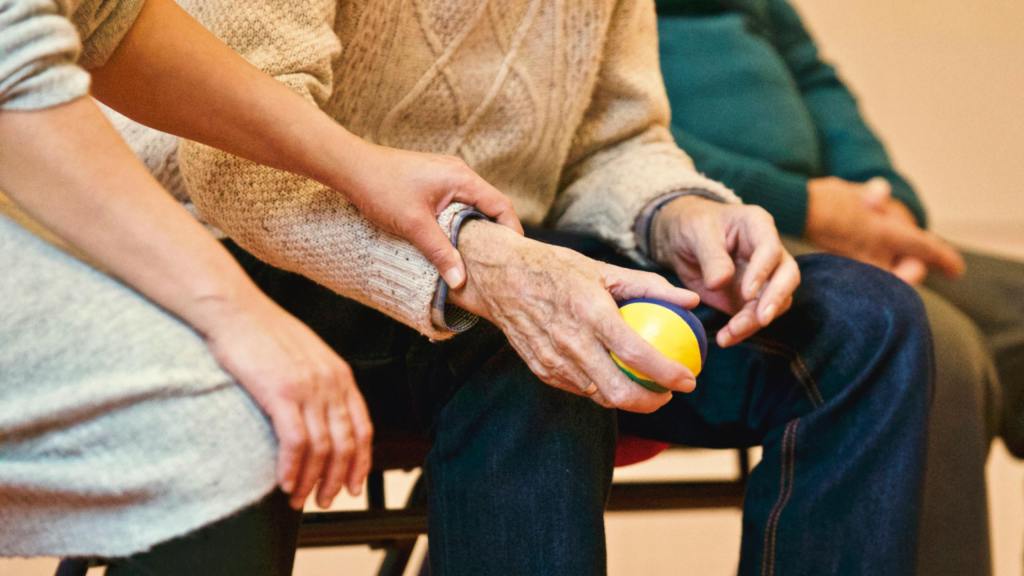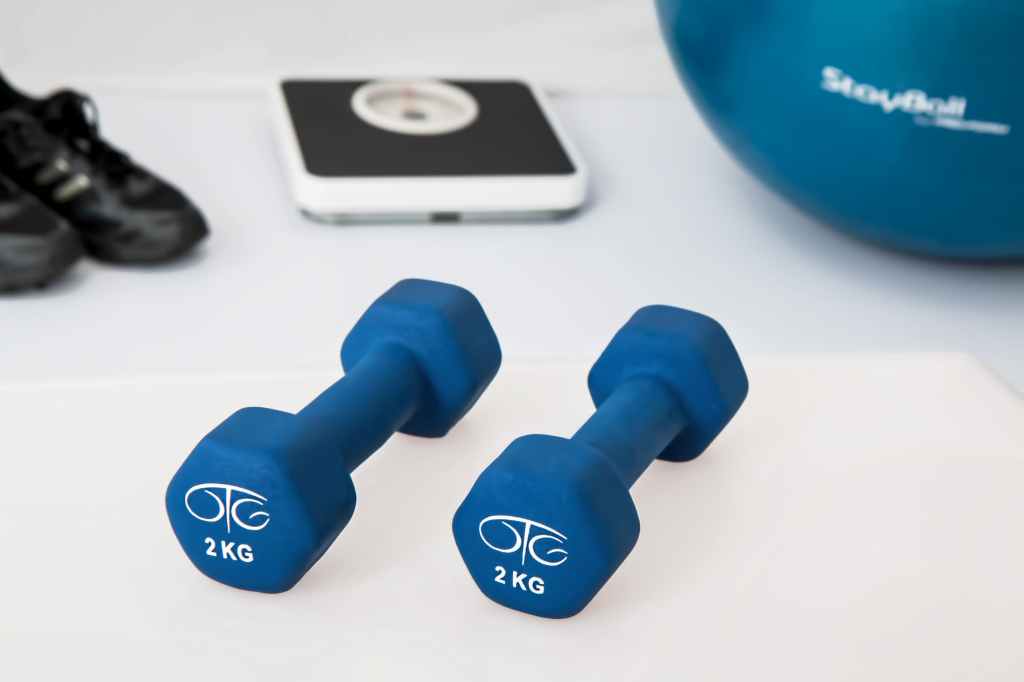
IN-HOME PATIENT CARE FOR HIP REPLACEMENT SURGERY
Caregivers and Care Teams Allow Consumers to Focus on Healing
When an elder has the support of a caregiver and care team, they can focus on their healing. Though hip replacement is major surgery, the consumer should be able to return to most of their activities in time. It is important for care team to help prepare the caregiver for all of the things to expect at home during the healing process. People who receive new hips should be focused on getting stronger, and that will include managing pain and participating in regular but moderate exercise until the muscles surrounding the hip get stronger. Consumers recovering from hip placement could experience post-surgical issues, including complications, infection or blood clots. Caregivers, consumers, and care teams need to be aware that some possible complications are specific to the type of implant used in the surgery. Caregivers should be prepared to help consumers with additional activities of daily living, as the hip has to completely heal before people can return to typical activities and routines.
Successful Recovery Begins at Home
Much of the healing process is done at home, in conjunction with regular doctor visits and rehab appointments. Caregivers aiding elders during this process should set up their homes before the consumer even goes into surgery. This includes creating an environment that is convenient and easy for the recovering person to maneuver through; making sure the consumer is comfortable and managing their pain; and setting up a network of people who can help the caregiver with their daily tasks. The consumer’s doctor can provide an extensive list, but here are some common things that can be done in the home to prepare:
- Have walking aids nearby, like a cane, walker or crutches. (Caregivers can consult with the doctor and see what she or he recommends).
- Make sure there is nothing in the home that could cause the person to trip and fall (loose cords, slippery rugs or uneven flooring).
- Place snacks, glasses, medications, books, remote controls and other commonly used items within a consumer’s reach.
- Consider having the consumer spend their recovery time on the ground floor of the home, so they can avoid stairs.
- Avoid low chairs or chairs that recline. A person recovering from hip replacement surgery should sit in chairs with arms.
- Consider providing other supplies, such as installing bench in the shower.
While hip replacement surgery and recovery can be a long process, with time, patience and preparation, a consumer should be able to resume their activities again and hopefully experience a better quality of life with the help of their caregiver and care team.
More insights like this:
-

Helping an Aging Loved One Through Declining Mental Health
Read more: Helping an Aging Loved One Through Declining Mental HealthMental health challenges can impact anyone at any time of life. However, older adults tend to be more vulnerable to depression and other mental illnesses, on average, with 14% of adults aged 60 or older suffering from a mental disorder. “If you recognize or hear from a loved one that their day-to-day life is significantly…
-

Delirium vs. Dementia: Causes, Symptoms, Treatments, and Preventative Measures
Read more: Delirium vs. Dementia: Causes, Symptoms, Treatments, and Preventative Measures5 Key Things Family Caregivers Need to Know About Delirium and Dementia Onset and Course Are Key Clues That Caregivers Should Watch Closely Delirium develops suddenly (hours or days) and often fluctuates; dementia progresses gradually over months or years. Acute changes in thinking or attention should trigger urgent medical evaluation. Delirium and Dementia…
-

7 Immune System Booster Tips for Seniors
Read more: 7 Immune System Booster Tips for SeniorsThe immune system is the body’s first line of defense against viruses and infections, but the aging process can weaken the immune system. Throughout the COVID-19 pandemic, this became an increased concern for the caregivers of older or immunocompromised adults, as the risk of more severe symptoms and outcomes was much higher in these…